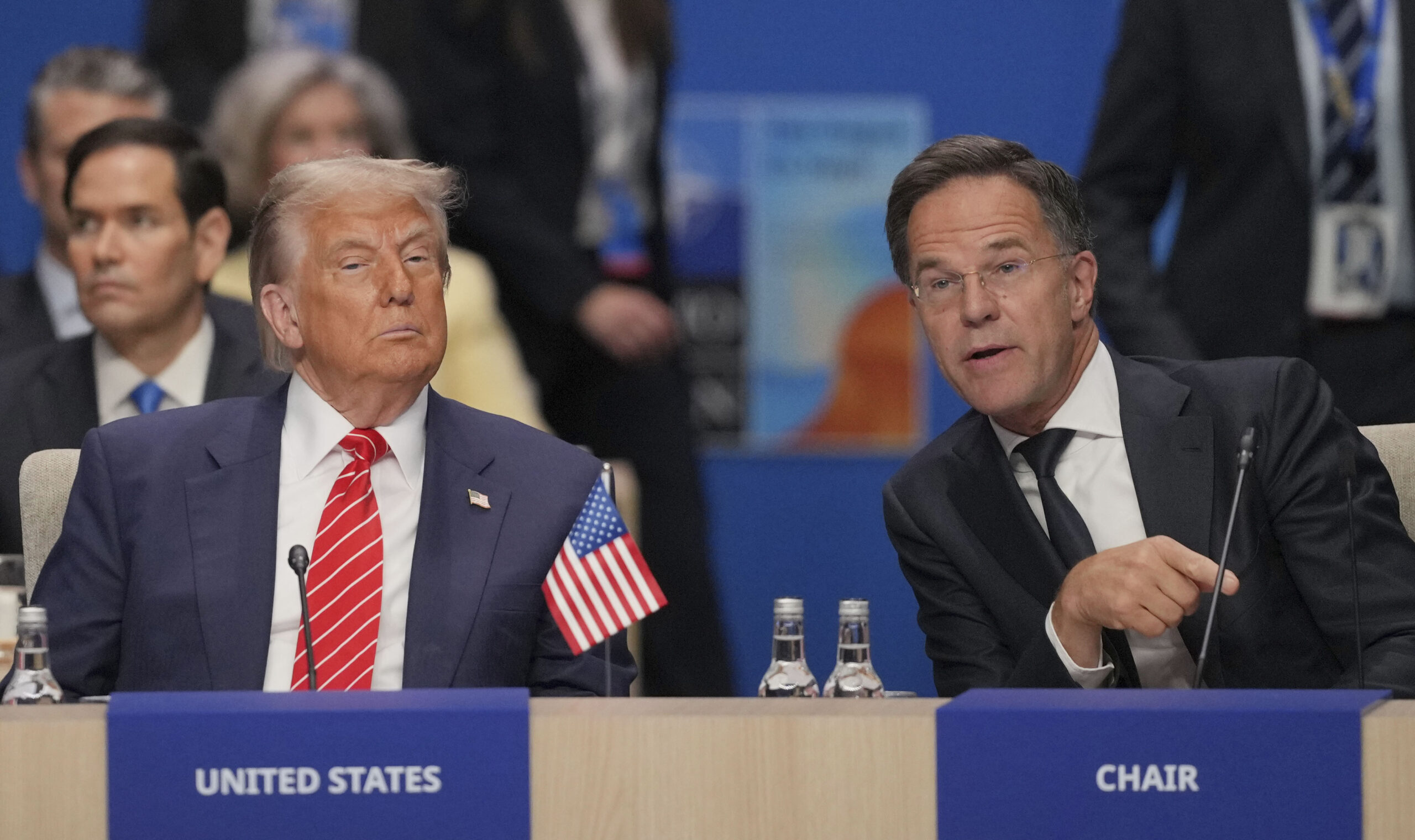Saunders on the “Axis of Weevils”
Paul Saunders also found Mead’s “axis of weevils” argument to be unpersuasive:
Mead’s “weevils” metaphor, and his concluding call for “an understanding that there are hostile and, from our point of view, destructive powers in the world,” both imply that the Central Powers are burrowing away at the international system because they are weevils and that is what weevils do. It goes no further.
Saunders notes that Mead “never persuasively explains why the Central Powers are bent on undermining the existing international system,” but as I said a few days ago he never even demonstrates that this is what these states are doing. Mead takes for granted that they are “revisionist” in their goals without giving many specific examples of that revisionism. Dan Drezner once weighed the claims of Russian and Chinese revisionism, and found that the two states were the “worst revisionists ever.” Here was one explanation that Drezner offered as to why this was:
Outside their own neighborhood, neither Russia nor China is really revisionist. As great powers, Moscow and Beijing will do what they gotta do in their near abroads. Globally, however, they have neither the ambition nor the interest in altering the current system of “good enough” global governance. After all, the current rules of the global game have benefited both of them pretty well over the past decade or so.
As Saunders notes, Russia and China perceive their own role in the international system very differently, and adds that they “may even be trying to defend their vision of the status quo by empowering the UN Security Council in order to block “unauthorized” military action and outside interference in national governance.” A recurring problem in Mead’s analysis is that he, like some other more hawkish internationalists, routinely conflates his preferred policy goals with the maintenance of international order, and for that reason he sees policies and actions that he opposes as inherently threatening to that order. That conflation regularly leads him to misread what’s going on, as he did again in this article.
